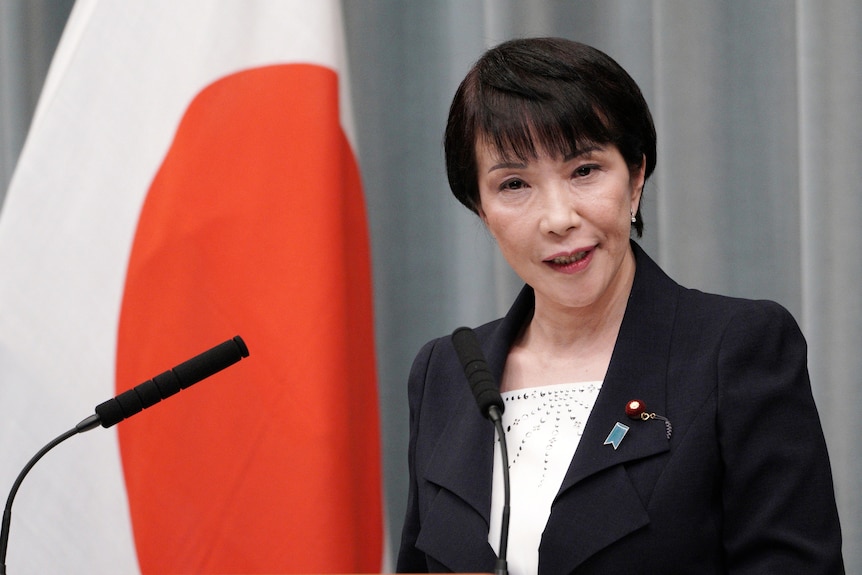The UK government is preparing to approve China’s long-sought plan for a vast new embassy complex in central London—one of the largest diplomatic sites anywhere in Europe.
Although a final announcement has not been made, ministers are understood to have received security assessments from intelligence agencies that do not oppose the project. This effectively clears the way for approval, despite intense political and public scrutiny.
The decision formally rests with Housing Secretary Steve Reed, who must treat the application with quasi-judicial neutrality. But given the sensitivity of the issue, MI5, MI6 and senior officials across Whitehall have been heavily involved in the discussions.
China intends to build the embassy at Royal Mint Court, close to the City of London and fibre-optic networks that carry large volumes of sensitive data. At around 20,000 square metres, it would become the largest Chinese diplomatic mission in Europe.
Supporters argue that having China’s operations consolidated on one site—rather than dispersed across London—could make oversight and security easier. They also warn that rejecting the proposal could damage diplomatic relations at a time the UK is trying to stabilise ties with Beijing.
But critics say the plan presents significant risks. Conservative shadow foreign secretary Priti Patel accused Prime Minister Keir Starmer of being “desperate and unprincipled,” arguing that approving the embassy would give Beijing strategic advantages on British soil.
Since coming to power, Labour has worked to “reset” relations with China. High-level UK ministers—including the Chancellor, the Business Secretary, and senior Foreign Office officials—have already travelled to Beijing. Starmer himself is expected to visit soon, though no date has been confirmed.
The prime minister maintains that the government’s strategy remains unchanged: cooperate where possible, challenge where necessary, and safeguard national security. However, his critics argue the government is too soft on China and risks underestimating the scale of Beijing’s intelligence operations in the UK.
Those concerns were reignited this week when MI5 issued a new alert warning MPs and peers that Chinese intelligence operatives are posing as corporate “headhunters” on social media platforms to extract sensitive political information.
The controversy also follows the collapse of a high-profile case involving two men accused of spying for China—one a former parliamentary researcher. The prosecution fell apart when officials could not obtain classified material required for the trial. Ministers blamed outdated legislation and decisions made under the previous government.
Read Also: Gaza Armed Groups Seek Power Under New Peace Framework
China has dismissed all allegations of espionage as “fabrication.”
With political tension rising, the government now faces a delicate choice: approve the embassy and risk a backlash at home, or block it and risk straining relations with the world’s second-largest economy. All indications suggest the approval is imminent.










